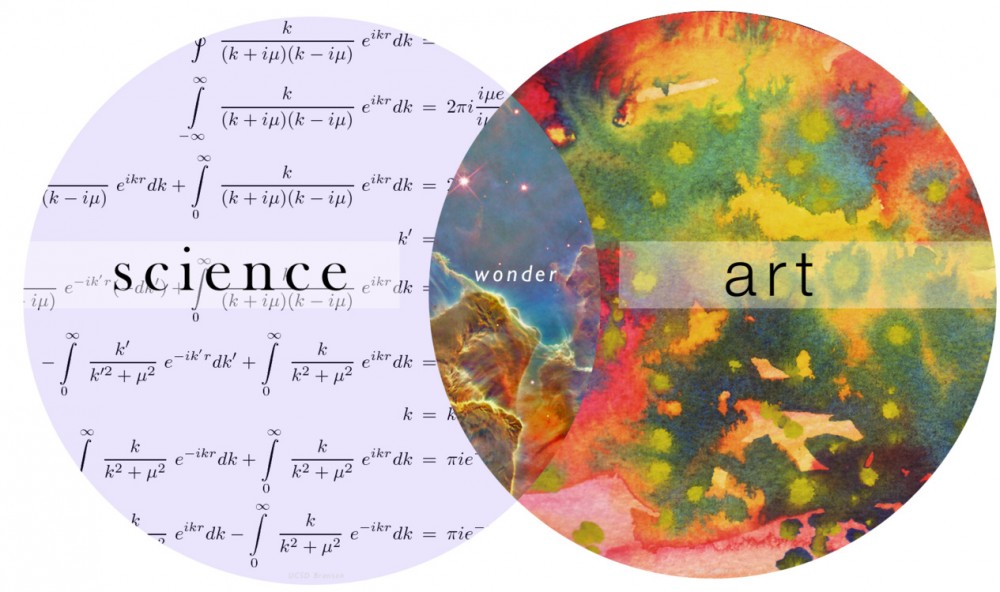
Photo: CNN
Turn down the thermostat from your office. Lock the back door from the other side of town. Watch live video of your pets from your phone. These are but some of the features that AT&T’s Digital Life offers. The company’s new service (slated to launch this year) aims to equip homeowners with a platform to monitor their homes via smart phones, tablets, and PC’s. These are some of the wirelessly enabled devices that come with the service:
- Cameras
- Window/door sensors
- Smoke, carbon monoxide, motion and glass break sensors
- Door locks
- Thermostats
- Moisture detection and water shut-off
- Appliance and lighting controls
In 1950, Bradbury published a short story called ‘There Will Come Soft Rains,’ borrowing the title from a poem by Sara Teasdale. The story is about an automated house that continues to function despite its owners’ untimely death from nuclear warfare. All the appliances in the house continue to run as if the house’s tenants were still there to receive its services.
“Until this day, how well the house had kept its peace. How carefully it had inquired, “Who goes there? What’s the password?” and, getting no answer from lonely foxes and whining cats, it had shut up its windows and drawn shades in an old-maidenly preoccupation with self—protection which bordered on mechanical paranoia…The house was an altar with ten thousand attendants, big, small, servicing attending, in choirs. But the gods had gone away, and the ritual of the religion continued senselessly, uselessly.”
This dystopian projection of the future raises an important point. While it may seem that we are slaves to our devices, our technology only exists because it serves a purpose to us. Without our tech, where would we be? Similarly, without us, where would it be? This Socratic discourse leaves us with more questions than answers. Then again, perhaps that’s a good thing as we shift paradigms with the adoption of Digital Life and services like it.
Video animation of “There Will Come Soft Rains”
